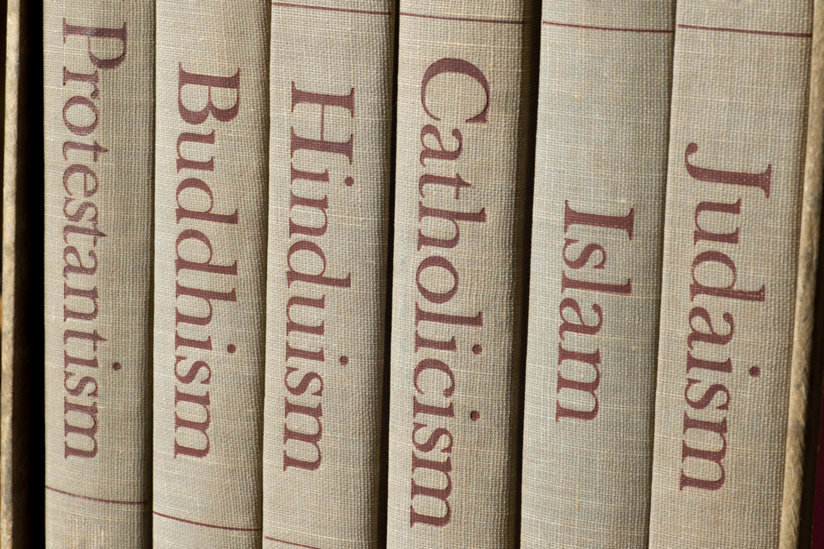
-
HOME
-
WHAT IS STANDOur Mission Our Values Our Help Contact
-
WHAT WE FIGHT FORReligious Freedom Religious Literacy Equality & Human Rights Inclusion & Respect Free Speech Responsible Journalism Corporate Accountability
-
RESOURCESExpert Studies Landmark Decisions White Papers FAQs David Miscavige Religious Freedom Resource Center Freedom of Religion & Human Rights Topic Index Priest-Penitent Privilege Islamophobia
-
HATE MONITORBiased Media Propagandists Hatemongers False Experts Hate Monitor Blog
-
NEWSROOMNews Media Watch Videos Blog
-
TAKE ACTIONCombat Hate & Discrimination Champion Freedom of Religion Demand Accountability
Why We Fight For Religious Literacy
You watch a man cross the street. His turban and long beard instantly identify him to you as a Muslim, likely from “some Arab country.”
Wrong. He is a member of Sikhism, the fifth-largest religion on earth, with 25 million adherents. His beard and turban are not articles of ethnicity but of faith, in obedience to the commands of Guru Gobind Singh at the end of the 17th century. Furthermore, he is just as likely to be from New York as from Punjab, India.

Sikhism is not Islam. It is nearly a thousand years younger and has its roots in the Indian subcontinent. Yet Sikhs have been targeted for hate crimes by Islamophobic bigots believing “beard+turban=Muslim=evil.” Actor and designer Waris Ahluwalia, blocked from boarding a plane due to his turban, said, “I was upset, I had anxiety, I was shaking, I did not speak. And then I realized, clearly, they have not been trained properly. I knew yelling will not do anything. It is about education.”
Exactly. Education is the key. It is hard to be suspicious of something that has no mystery about it. It is difficult to hate from close-up.
Contrary to the famous saying, familiarity does not breed contempt, but understanding.
Hate is no match for facts and intelligence.
My church believes in understanding as the universal solvent—and as a primary component of that understanding: education. Without education and a thorough grounding in religious literacy, misconceptions, misperceptions and misunderstandings can almost certainly lead to misbegotten conclusions about groups as well as individuals. So my church fights for religious literacy in educational institutions as well as in the workaday world.
Scientology Founder L. Ron Hubbard wrote, “Has there ever been an instance when another had some false data about you? Did it cause you trouble? This can give you some idea of the havoc false data can raise.”
Some people assume they already know about Judaism, about Scientology, about Islam, about Hinduism because they’ve seen something about it on TV or a friend told them something in idle conversation. You can detect their ignorance and their acceptance of false data by the easy calumny, the casually general “Well, don’t all you people—?”
Such individuals are vacuums waiting to be filled with falsehoods and hate disguised as “facts.”

Religious literacy is a simple solution. Yet it’s very simplicity solves a host of problems. Hate is no match for facts and intelligence. Bigotry slinks back under its rock when met with the light of understanding. A comparative religion semester in high school or middle school including a study of religions like Sikhism, Christian Science, the Church of Jesus Christ of Latter-day Saints, Baháʼí and Scientology would do wonders to erase the mystery that many experience about why some believe this and why others practice that.
In the absence of knowledge, respect is a challenge. In the presence of knowledge about a religion and its members, respect springs naturally—and is most often followed by admiration.









